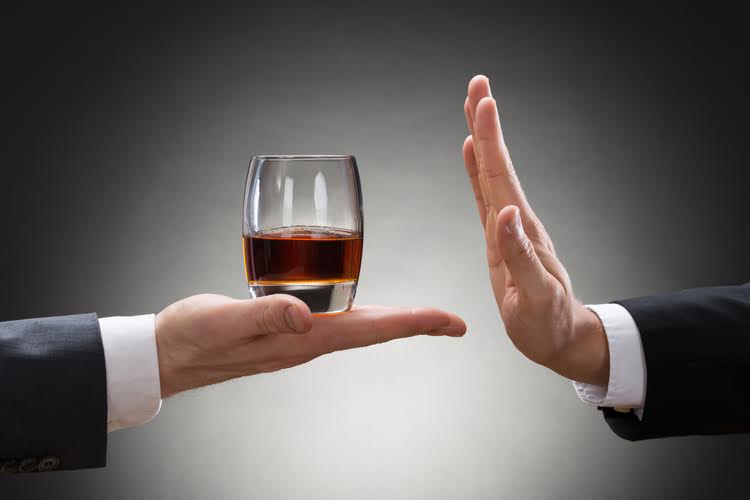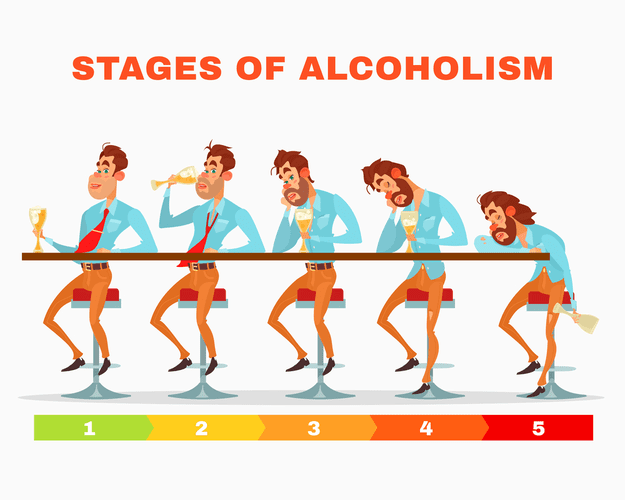Why can’t I sleep after drinking alcohol? Find out if drinking is making you sleep deprived
Content
Overcoming substance abuse necessitates a period of drug detox, where you eventually eliminate drug use completely. This period is extremely challenging as withdrawal symptoms occur. Drinking alcohol and smoking weed can give you the impression that they will help you achieve sleep. Unfortunately, studies reveal that both short-term and long-term use of these drugs can impair your sleep cycle, usually for the negative.
I can’t guarantee that what worked for me will work for you. But I find a tremendous amount of fulfillment in the idea that something I’ve learned can help others break free from the same horrible state of body and mind that once tortured me. Many alcoholics are deficient in B-vitamins, which can lead to various psychological disturbances including insomnia.
Weeks Without Alcohol: The Key to More Energy, Better Sleep and Radiant Skin
Adenosine has sleep-promoting inhibitory effects on the central nervous system, including the acetylcholine system, which it exerts at adenosine receptor sites . Chronic alcoholism may cause either slowly reversible or irreversible damage to brain cant sleep without alcohol systems that regulate sleep. Keep a waste basket beside your bed so when you wake up in the middle of the night you can pee into it without having to get up and go to the washroom…the lights from a bathroom will trigger you to stay awake.

Our sleep structure has biologically evolved over the years – and changes aren’t good for our physical and emotional health. “REM sleep is important for mental restoration, memory and emotional processing and is often when you dream.
BREAKING IMMORAL ADDICTIONS
When someone uses cocaine, the energy and euphoria that they experience is due to a short-term increase in the levels of dopamine circulating in the brain. This boost in alertness can directly interfere with sleep, and chronic use can lead to a reduction in REM sleep, leading to daytime fatigue and memory difficulties. Sleep apnea is a common disorder where the airway collapses or becomes blocked during sleep. Increased REM sleep density at admission predicts relapse by three months in primary alcoholics with a lifetime diagnosis of secondary depression. 2For these experiments, alcoholics undergoing inpatient treatment typically were given alcohol for 1 or more days before withdrawal was induced by withholding alcohol. Such an experimental design raises ethical issues by current standards of human research and is generally no longer being used. Limited research has been conducted on the neurobiological mechanisms underlying the effects of chronic, heavy alcohol consumption on sleep .

From better quality sleep to improved complexion to better finances, going three weeks without alcohol can make a big difference in your overall well-being. If it has been months and you are still struggling to understand how to deal with alcohol insomnia or other severe sleep disturbances in recovery, it may be time to get help. You may have a sleep disorder that needs its own attention.
Types of Insomnia
This process can cause you to wake up and experience trouble getting back to sleep. This makes it hard for the brain to get into the relaxed niche required for sleeping. So the person feels unable to sleep until the brain becomes completely mushy, just the way it gets when a person drinks. So if it seems to you that you are unable to sleep under given normal circumstances, it is likely that you are feeling anxious over a case of insomnia. In case of insomnia, people really can not sleep, no matter what. And here, you feel like you can not sleep unless you are in a drunken stupor. Support groups are heralded as one of the most powerful ways to prevent relapse and ward off negative mental health states.

Addiction and co-occurring mental health disorder treatment in Arlington, Virginia. Find a hobby or try many different hobbies to explore your interests. Finding something you truly enjoy doing has tremendous benefits on your mental health. It’s also a great place to direct your mental energies that may otherwise be spent unproductively at night ruminating or worrying. Outlined below are a few basic steps for healthy sleep hygiene which don’t involve alcohol. While this generalized advice can help, it is always recommended to speak to a licensed medical professional in regard to any sleep challenges that you may experience.
How to Deal with Alcohol Withdrawal Insomnia
Human’s internal clocks are tied to the natural light/dark cycle, meaning that we are meant to sleep during dark hours and be awake during light hours. Because of this, it’s important to align your sleep hours with natural darkness whenever possible. While these drugs can be particularly effective at treating pain, they have a high potential for addiction and abuse, and this can result in trouble sleeping. Additionally, amphetamines impact the central nervous system, keeping people awake following use, and causing sleep disturbances during withdrawal.
- It’s also a great place to direct your mental energies that may otherwise be spent unproductively at night ruminating or worrying.
- If you drink alcohol at night and have trouble falling or staying asleep, you might wonder how long you should wait between your last drink and going to bed so your sleep isn’t impacted.
- An estimated 15% to 30% of people report drinking to manage insomnia.
- Sleep disorders likeinsomniacan co-occur with alcohol abuse, and treating insomniacan improvea person’s sleep quality while in recovery.
- Fortunately, the remedies I’m about to share with you still work for me to this day.
The investigators found that insomniacs chose the alcoholic beverage on 67 percent of the nights, whereas the normal sleepers chose the alcoholic beverage on 22 percent of the nights. Moreover, alcohol reduced self-reported feelings of tension in people https://ecosoberhouse.com/ with insomnia compared with normal sleepers (Roehrs et al. 1999). These epidemiological and laboratory studies suggest the possibility that self-medication of insomnia with alcohol could contribute to the development of alcohol problems in some people.
